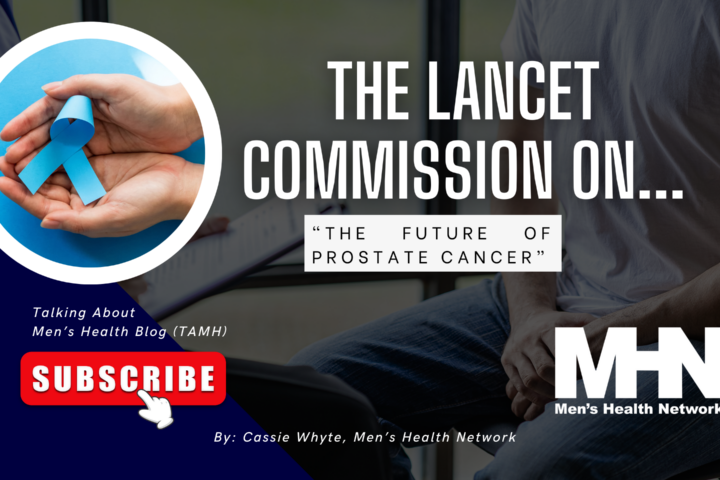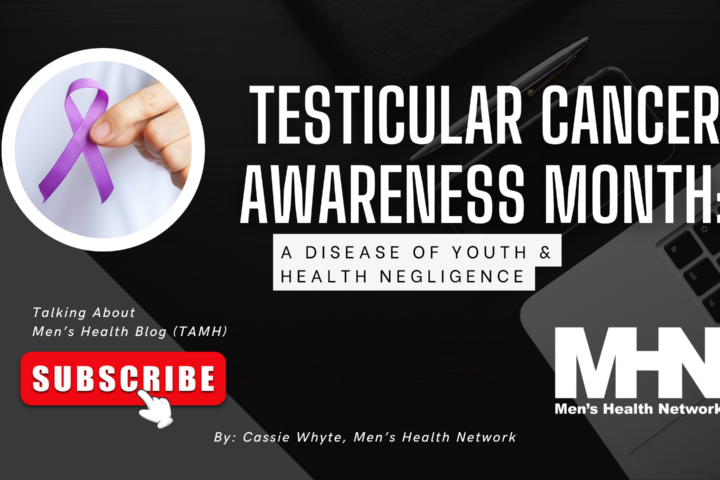Most men enjoy a beer, tumbler of whiskey, or glass of wine coming home from the grind, going out with friends and family, or just to take a load off. Many people can benefit socially, mentally, or even spiritually from moderate alcohol consumption. However, the physiological benefits of alcohol consumption have been debated amongst the ranks for decades. One only has to do a rudimentary literature search to view the rich history of the argument.
Specifically speaking to wine, moderate red wine consumption has been attributed to numerous health benefits including increased longevity and lower incidences of heart disease. It is also a source of polyphenol antioxidants, more specifically resveratrol. Resveratrol has been shown to have anti-cancer properties by inhibiting cancerous cell growth. Red wine has the highest concentration of this chemical since it is found mostly in grape skin. Although there have been many previous studies concerned with the association between alcohol consumption and risk of prostate cancer, no clear association has been made between red wine intake and prostate cancer.
Chao et al (2009) looks at whether moderate red wine consumption reduces the risk of prostate cancer in middle aged men using data collected from the California Men’s Health Study (CMHS). Eligible participants were 45-69 years old and members of Kaiser Permamente Southern and Northern California Health Plans for at least one year at recruitment. The questionnaire included questions about demographics, education, income, family history of cancer, existing health conditions, physical activity and tobacco smoking among others. Information about alcohol intake was collected with a food-frequency questionnaire. Men with a previous cancer diagnosis were excluded from the analysis. A total of 2,028 incident cases of prostate cancer were identified during the duration of the study.
Results showed that red wine intake was not associated with prostate cancer status. However, red wine consumption was associated with healthy lifestyle factors, such as increased fruit and vegetable intake, physical activity, lower rates of smoking, as well as having a PSA test five years previous to the study baseline, as compared to those men who did not report drinking red wine. Also, no association was found between other alcohol consumption, such as beer, white wine and/or liquor and prostate cancer risk.
One of the major limitations to this study is the classification of participants’ drinking habits. For example, “current nondrinkers” were used as the reference group. However, this group includes former drinkers (heavy and/or moderate), as well as those who have never drank. Also, the majority of participants were classified as “moderate drinkers” meaning that the effect of heavy drinking on prostate cancer could not be examined. Finally, there were not enough cases of advanced stage prostate cancer to look at the association between red wine and Stage 3-4 cancers.
So what should men take away from this study? Alcohol does not protect against prostate cancer risk. At the same time, it does not present any risk for developing prostate cancer. It might be the alcohol or it might be a healthier lifestyle associated with certain types of alcohol (i.e. red wine and eating healthier or performing more exercise). A take home tip for men? Go on, have a drink. Just be responsible. Although it might not protect against prostate cancer, it will not harm you either. Bottoms up.
By Michael J Rovito, Ph.D. and Janna Manjelievskaia, MPH (c)
SOURCE
Chao, C., Haque, R., Van Den Eeden, S.K., Caan B.J., Poon K.Y., Quinn, V.P. (2010, January 1). Red wine consumption and risk of prostate cancer: the California men’s health study. International Journal of Cancer, 126(1), 171-9.




[…] Prostate cancer […]